When Will The Internet Beat FedEx?
February 5, 2013 in Daily Bulletin

If you have a few hundred gigabytes of data that you want to send then it’s faster to have FedEx come pick it up rather than trying to transfer it over the internet writes Randall Munroe. When will the internet finally exceed FedEx’s prowess?
- Total internet traffic is currently around 167 terabits per second.
- FedEx can deliver about 26.5 million pounds a day.
- If you were to store data on MicroSD cards then FedEx could transfer about 177 petabits per second – a thousand times more than the internet.
- Based on current growth rates of the internet, the internet’s bandwidth will surpass that of FedEx by 2040.
- However that assumes that we won’t invent an even lighter form of storage than the MicroSD card. When we do FexEx could ship that instead to get even higher throughput rates.
- In fact, because transfer and storage are so deeply linked it is unlikely that transfer over the internet will ever beat the physical shipping of data.
Read Munroe’s entire fascinating and humorous explanation over here.
Source: What If?








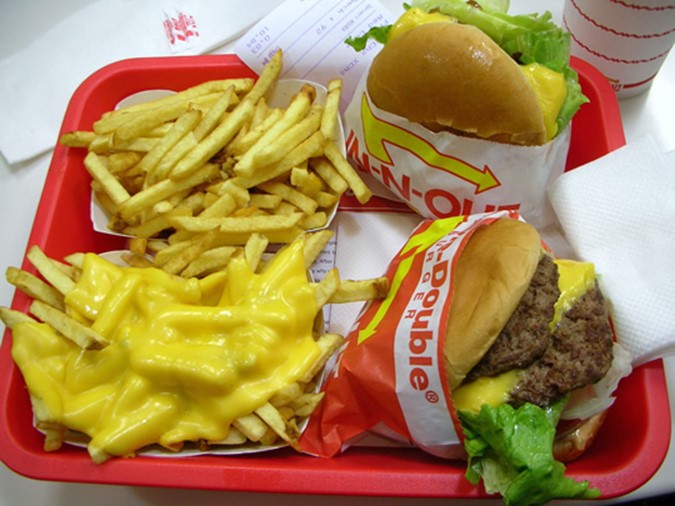
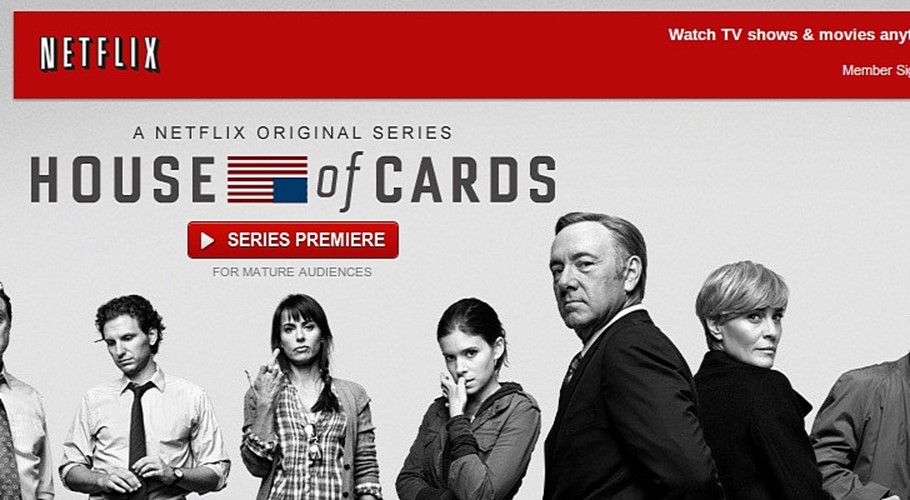

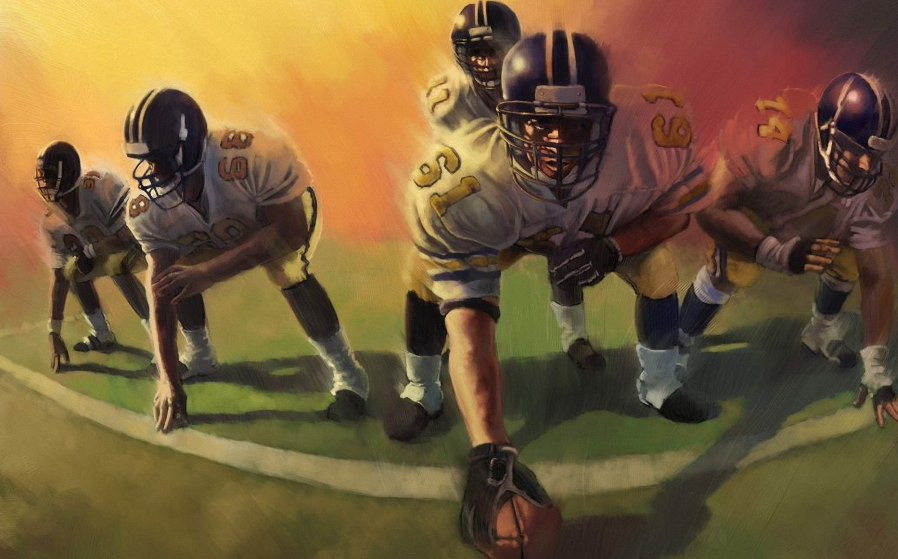

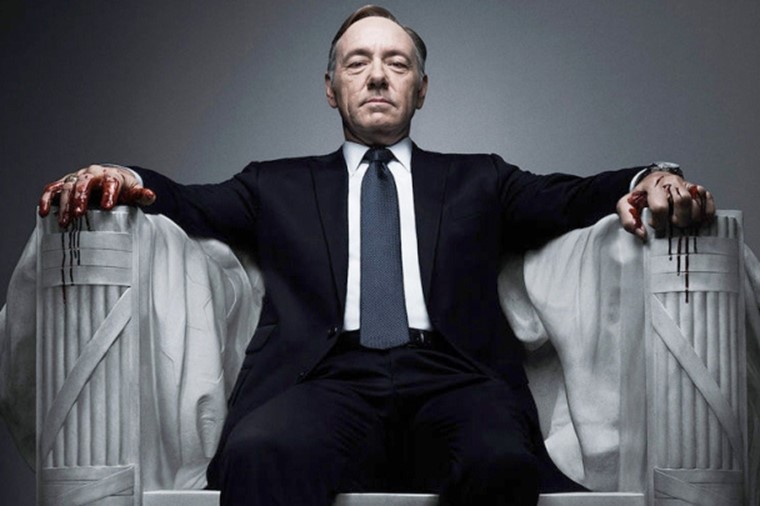
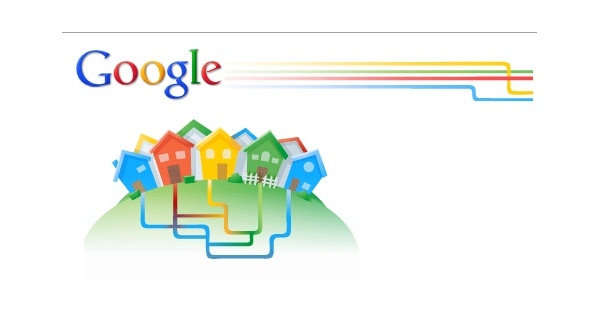
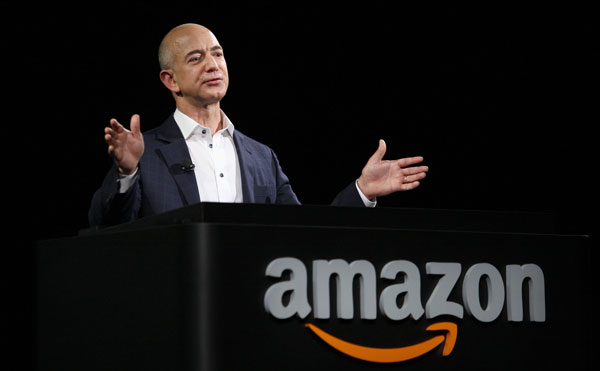
Join the Discussion! (No Signup Required)